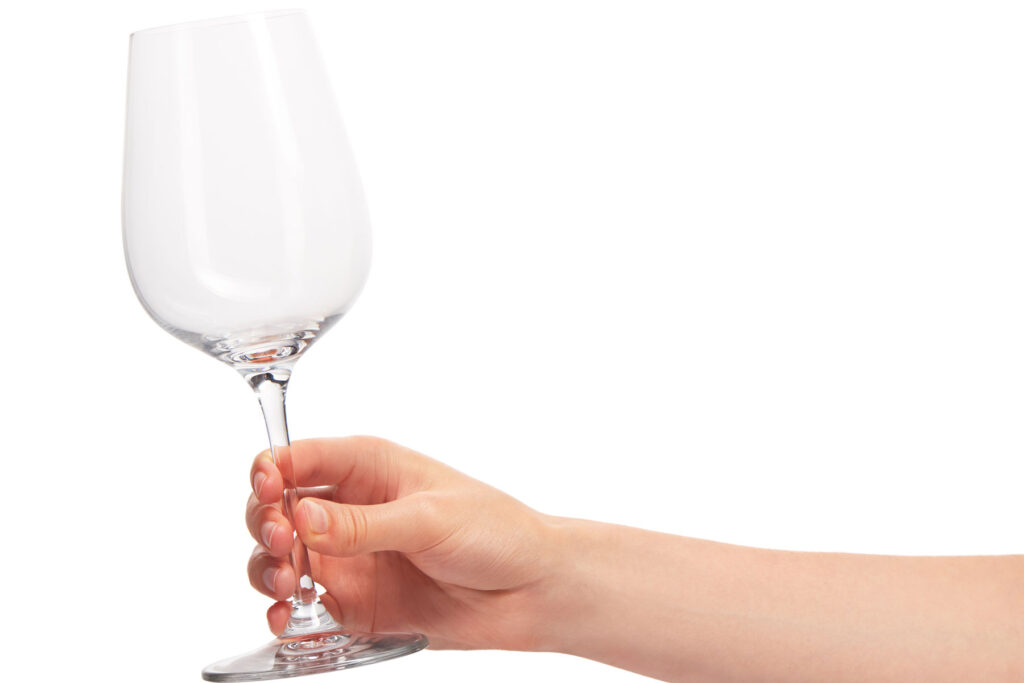The answer to whether alcohol causes depression isn’t cut and dry. Alcohol misuse can lead to depression and other mental health conditions. However, an existing mental health issue like depression can also lead to alcohol addiction. The reality is that it’s quite common for a substance use disorder and a mental health condition to exist side by side. The good news is that dual diagnosis treatment is available at The Arbors Behavioral Healthcare
At The Arbors, alcohol addiction treatment happens alongside treatment for depression for those who need it. We understand that discovering the root causes of mental health concerns and treating both conditions simultaneously is what’s most effective for our clients.
Why does alcohol cause depression?
When someone consumes alcohol, it releases dopamine, which causes feelings of euphoria. For some, this consumption can become a way to manage difficult emotions, and after a prolonged period, this can lead to addiction, and challenging feelings can become more intense or depressive.
The more someone drinks, the more their body’s natural release of dopamine is skewed. So the body becomes trained to only release dopamine when drinking. This means that a person may be left in a depressive state unless they are drinking. Alternatively, when someone tries to do the right thing and stop drinking, severe withdrawal symptoms can set in, including depression. It’s a no-win cycle.
In addition to depression, alcohol withdrawal symptoms can include:
- Anxiety
- Confusion
- Trouble sleeping
- Elevated blood pressure
- Body tremors
- Nausea and vomiting
- Headaches
The more someone misuses alcohol, the more the brain and the nervous system are affected. During withdrawal, the brain and nervous system also have trouble readjusting to sobriety. This kind of imbalanced brain chemistry can make people feel hopeless, which is why depression is a common withdrawal symptom. But with treatment, there is help. The Arbor helps clients find the relief they’re seeking.
How long does alcohol-induced depression last?
Alcohol-induced depression can be temporary or long-lasting, depending on the individual. Recovery often hinges on factors like the severity of alcohol use and whether treatment is received. How long alcohol-induced depression lasts is dependent on several factors, including:
- The length of the alcohol misuse
- The severity of the addiction
- The severity of the depression
- The type of depression
- Your response to treatment
The most effective treatment to address both an addiction to alcohol and depression is dual diagnosis treatment. In this scenario, both conditions are treated at the same time, as opposed to separately.
In general, once someone stops misusing alcohol, their overall mood improves, so in some cases, there can be an immediate improvement once the withdrawal process begins. On a broader scale, the length of time alcohol-induced depression lasts once someone stops drinking can vary. The body and mind are adjusting to major changes, so symptoms can improve fairly quickly, but the symptoms can still surface and be severe up to six months later.
Call The Arbor for alcohol addiction treatment today
Ultimately, whether addiction or depression came first is less important than getting help for both conditions. For those ready to start on their recovery journey, the first step is to enroll in a professional treatment program. It can be a big decision knowing what program to choose and what path to take. Just know that people are here to help. Call on a trusted medical professional or ask a family member for help in navigating the treatment options through a treatment center like The Arbor.
The Arbor’s expansive campus outside of Austin, Texas, offers clients the opportunity to heal in a peaceful environment staffed by treatment specialists with years of experience. Both an addiction and a mental health condition—like depression—can be treated alongside each other. Call a treatment team member today at 844.413.2690 or complete the online form to learn more.

